
IBM brings its Quantum System One to customer’s premises
For the very first time, IBM brings its Quantum System One to customer’s premises, the Cleveland Clinic.
By visiting our site, you agree to our privacy policy regarding cookies, tracking statistics, etc.

For the very first time, IBM brings its Quantum System One to customer’s premises, the Cleveland Clinic.
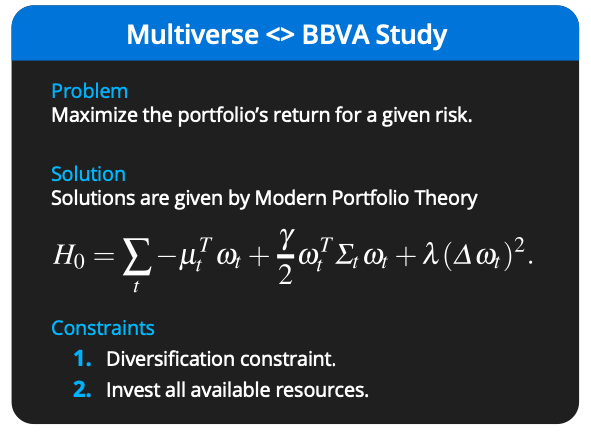
Using the D-Wave hybrid solver service, Multiverse Computing developed an algorithmic approach to rapidly generate portfolios that can be optimized against a variety of constraints. Every investment entails some measure of risk—the fundamental question is whether the reward […]
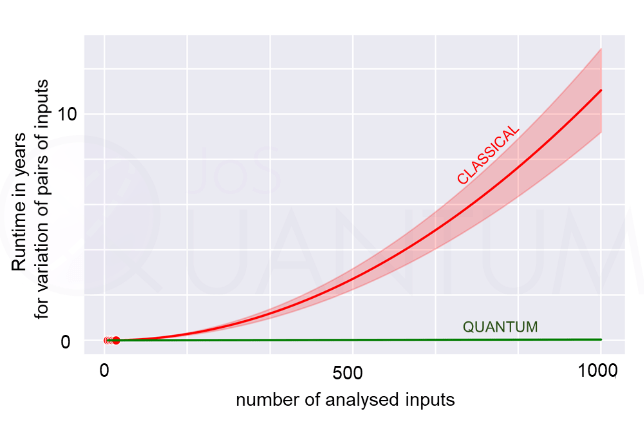
Except for Value at Risk and option pricing, quantum algorithm are not often used to solve problems in finance. Indeed, such analysis are computationally too expensive to perform on classical computers. In this study, authors […]

Researchers at the QT Hub are exploiting quantum technology to develop sensors and timing devices.
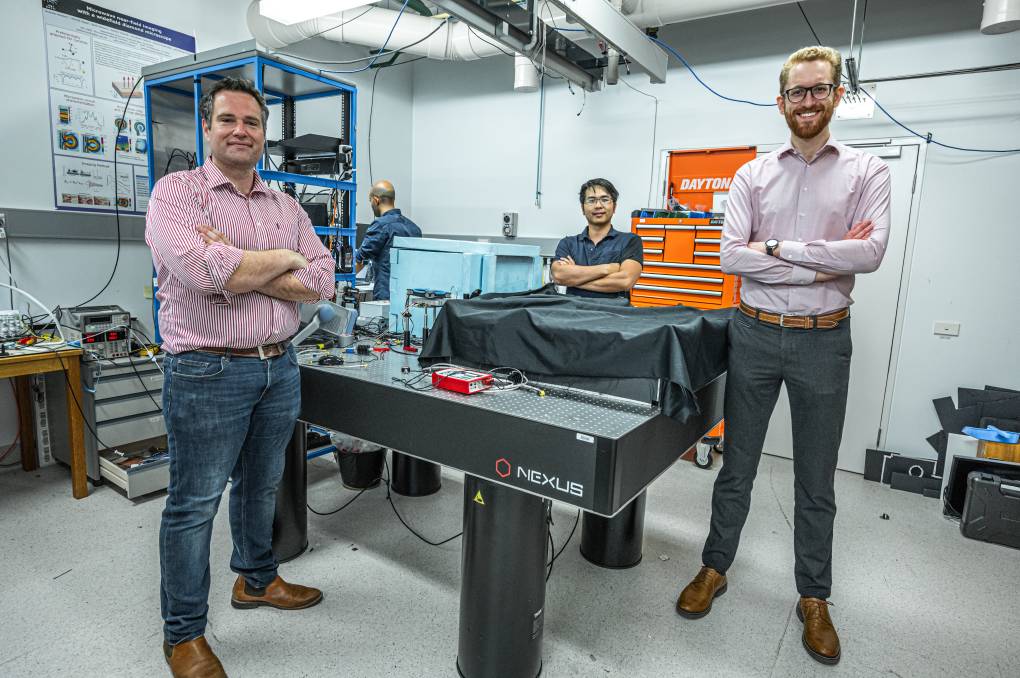
Brilliance Quantum, an Australian startup, unveils world-first diamond quantum computer technology.

BMW teamed up with Entropica Labs, a Singapore-based quantum computing startup, and Honeywell Quantum Solutions for finding out if Quantum Computing had the potential to optimize and speed up supply chain management. (Forbes) Read more.

SINTEF, NTNU and the University of Oslo want to make Norway “Quantum-Ready”, and have taken the matter into their own hands by together establishing the Norwegian Quantum Computing Centre. This center gathers a strong interdisciplinary, cross-institutional team […]
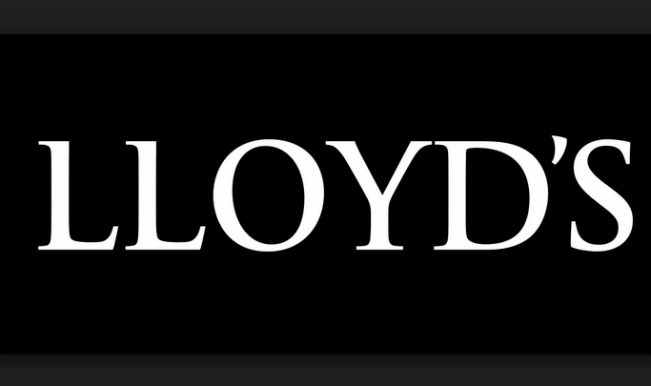
The famous UK insurance company Lloyd’s has published a very interesting white paper about the impacts of Quantum Computing with a focus on Insurance and Finance domaines. It’s also a very nice summary of all […]
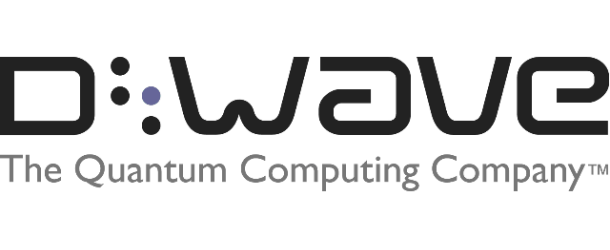
Canadia-based D-Wave Systems has secured $40 million from the Government of Canada to support its quantum computing systems and software. The $40 million in government funding comes in the form of Strategic Innovation Fund (SIF) […]

Honeywell Quantum Solutions has achieved another milestone in its quest to develop the highest-performing quantum computers on the market.

IonQ is the first pure-play Quantum Computing company that comes public today. The deal will give IonQ $650 million in gross proceeds. The deal includes a $350 million PIPE that includes investments from Fidelity, Silver […]

Israel is seeking to build its first quantum computer, joining a global race for one of the world’s most important emerging technologies.
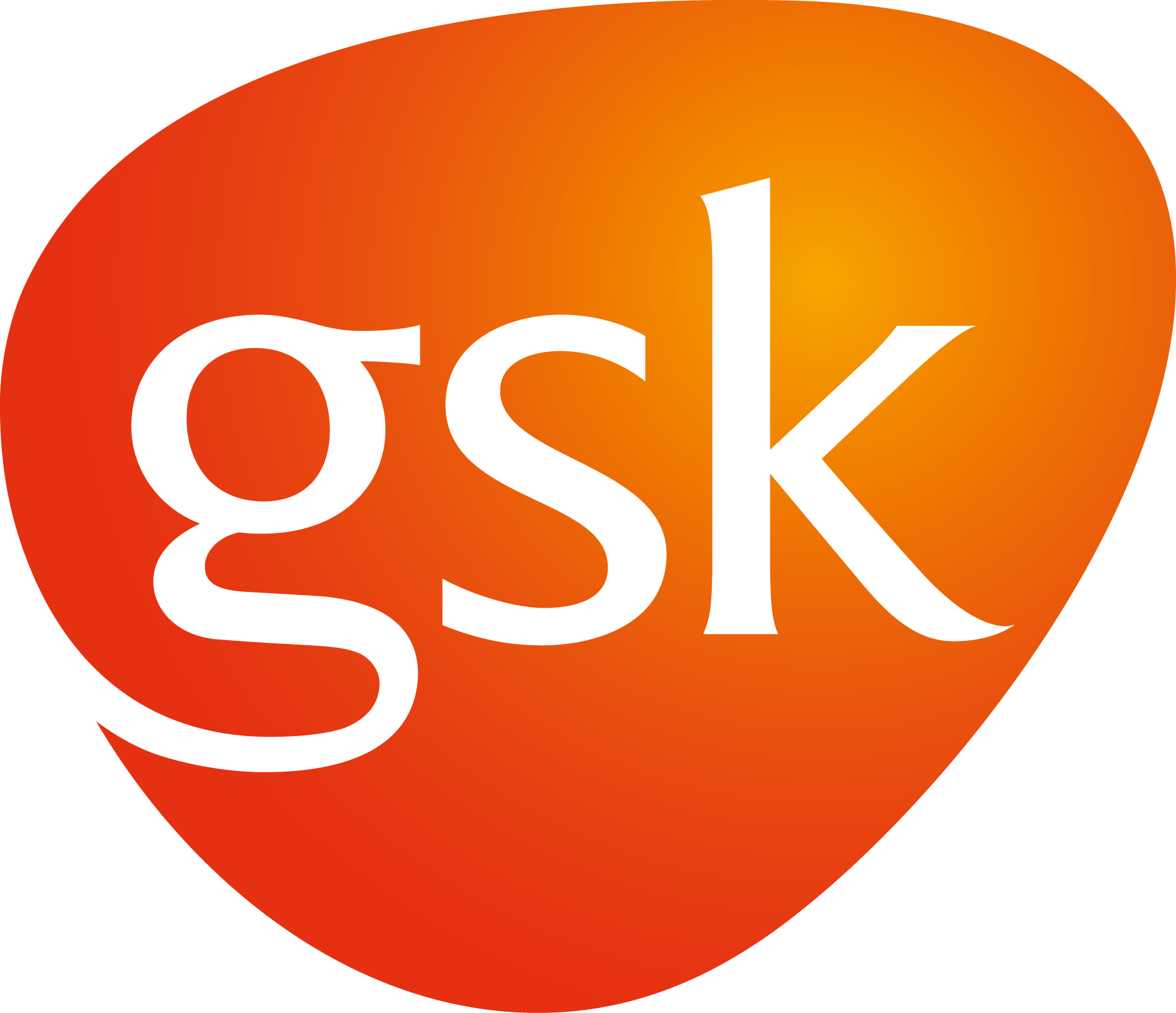
Drug maker GlaxoSmithKline (GSK) is evaluating Quantum Computing for specific workloads that hit scalability and complexity walls with traditional architectures and approaches, specifically genetic algorithms. Specifically, the company wanted to understand how quantum computing might […]

An alliance between Forschungszentrum Jülich and the semiconductor manufacturer Infineon, together with institutes of the Fraunhofer-Gesellschaft (IAF, IPMS) as well as the Leibniz Association (IHP, IKZ), the universities of Regensburg and Konstanz and the quantum start-up HQS aims to build a semiconductor quantum processor made in Germany that is based on the “shuttling” of electrons and is to be achieved with technology available in Germany.
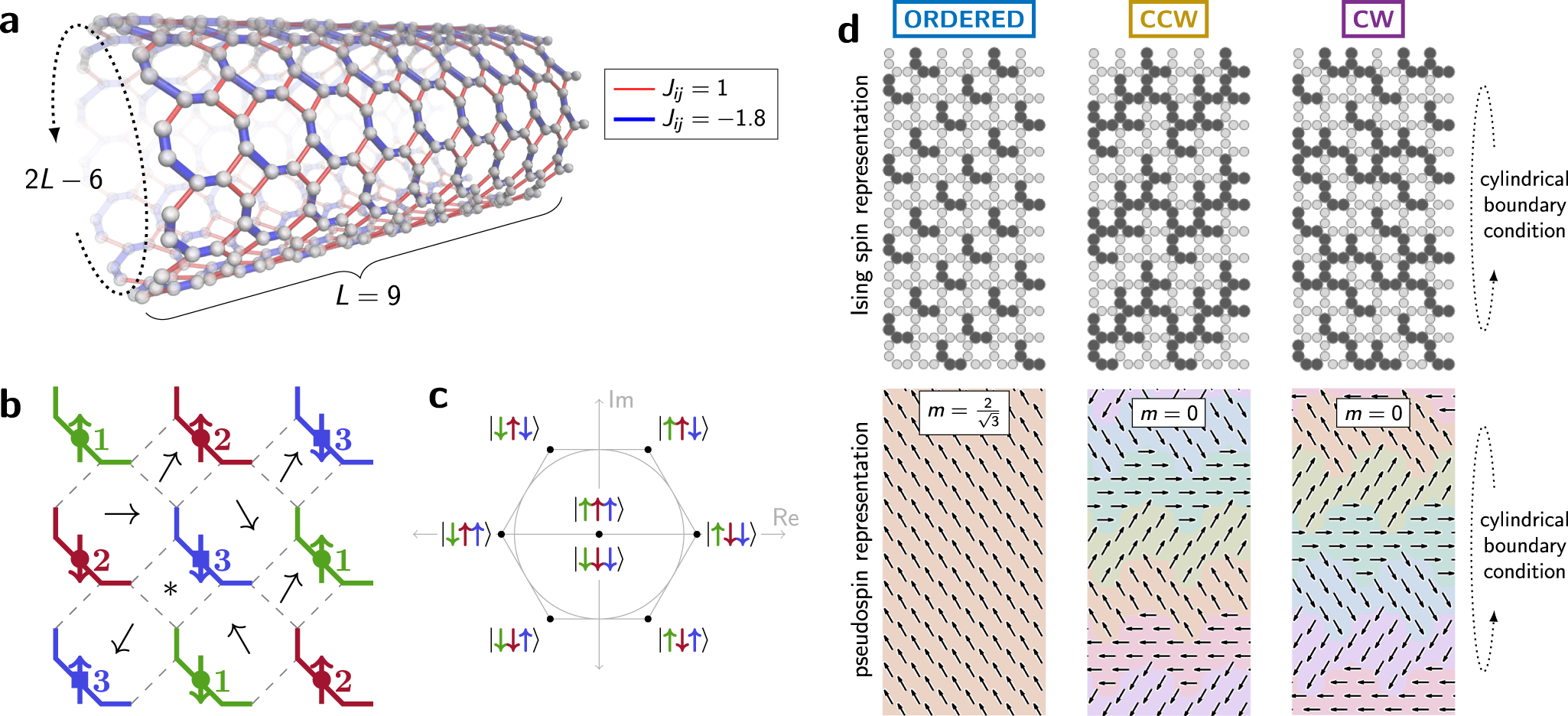
D-Wave Systems has published a milestone study in collaboration with scientists at Google, demonstrating a computational performance advantage, increasing with both simulation size and problem hardness, to over 3 million times that of corresponding classical methods.

Austria is getting a Quantum Internet. With the “Austrian Quantum Fiber Network” (AQUnet), an Austria-wide network of fiber optic cables is to be built that is suitable for the exchange of quantum information and precision […]

ParityQC LogoNEC Corporation and ParityQC have announced that they have started collaborating in the field of Quantum Annealing. NEC will be the first company worldwide implementing the ParityQC architecture for quantum annealing devices. The collaboration […]

Origin Quantum Computing Technology, a Chinese startup, launched the country’s first homegrown operating system (OS) for quantum computers. The new OS, named Origin Pilot, has been optimized for the resource management and parallel processing capabilities […]
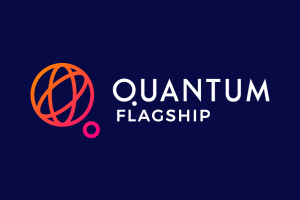
A European consortium was launched today with the goal of scaling silicon quantum technologies. Named QLSI (Quantum Large-Scale Integration with Silicon), this four-year EU project, coordinated by CEA-Leti, will lay the foundation for the EU’s […]

The QLSI consortium, a four-year EU project coordinated by CEA-Leti, aims to position Europe as a global leader in quantum computing by developing scalable silicon-based quantum processors, including a 16-qubit chip and an 8-qubit open-access system, while documenting requirements for systems exceeding 1,000 qubits as part of the €1 billion Quantum Flagship program.

QSens: Stuttgart-Ulm German cluster for Quantum Sensors
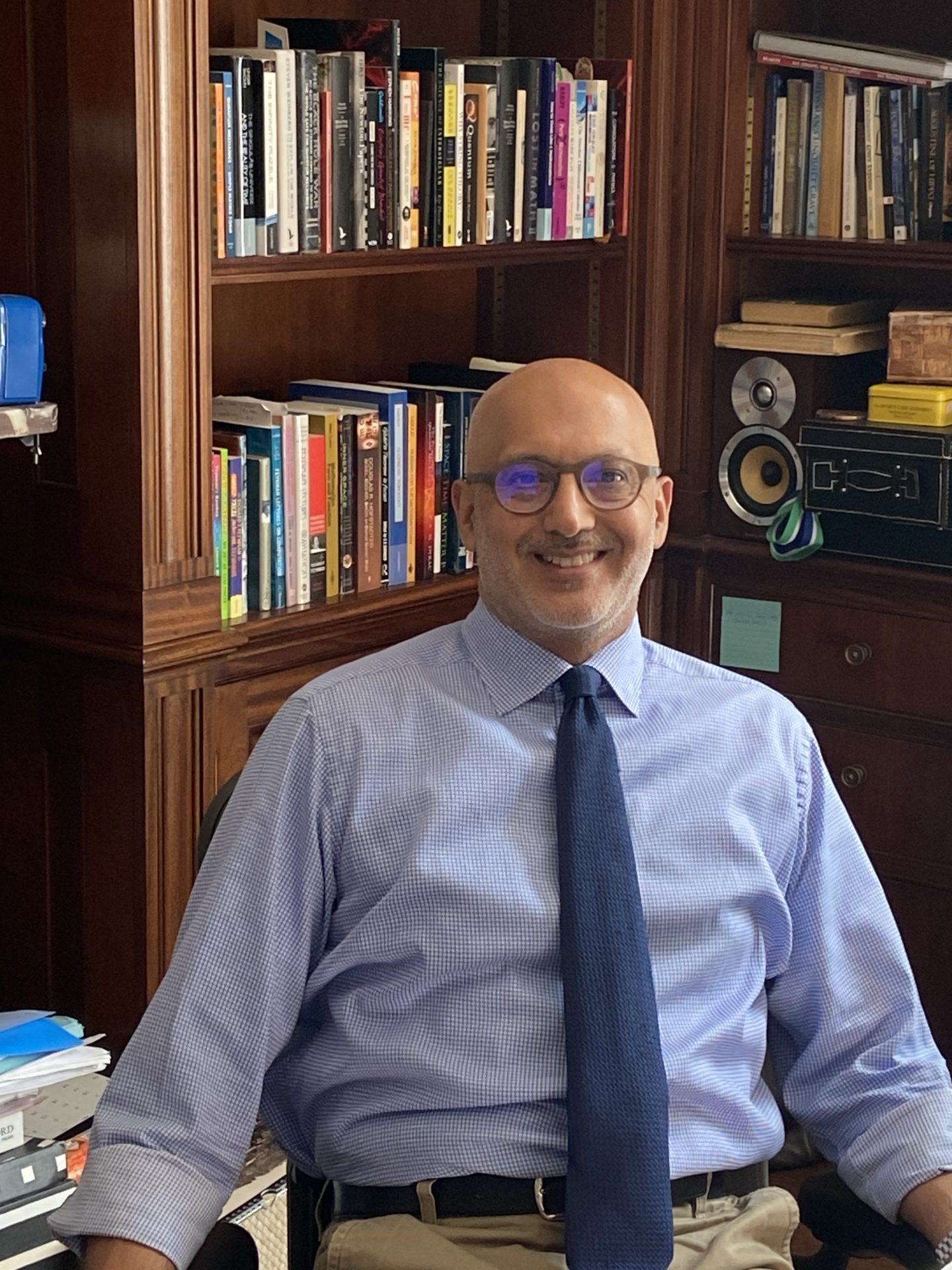
With 41.95% of the votes, Ilyas Khan, CEO of the UK startup Cambridge Quantum Computing (CQC), has won the title of the “Quantum Personality of the Year 2020“. As a visionary, Ilyas founded CQC in 2014, […]
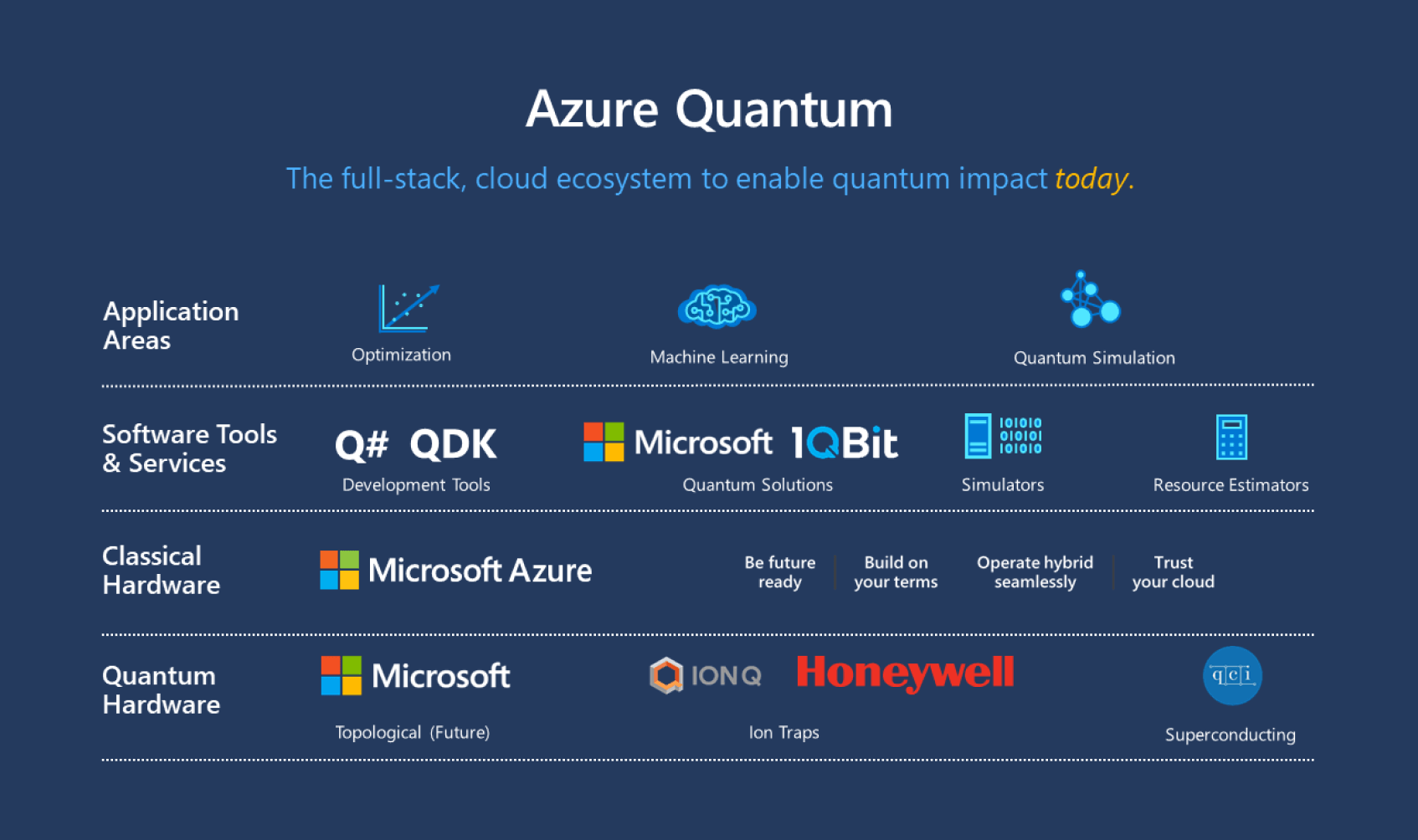
Azure Quantum, the Microsoft’s full-stack, public cloud ecosystem for quantum solutions, is now open for business. Developers, researchers, systems integrators, and customers can use it to learn and build quantum solutions.
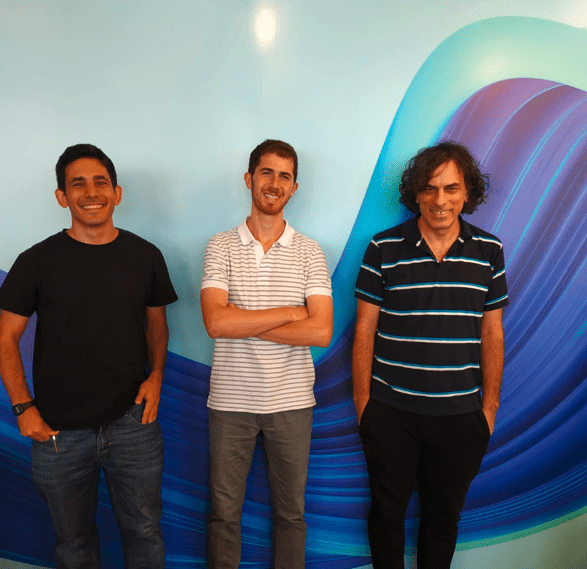
Classiq, an Israeli startup has just announced that it secured $10.5 million more in funding for a total of $14.5 million.

Cambridge Quantum Computing (CQC) has just announced their collaboration with Roche, to design and implement noisy-intermediate-scale-quantum (NISQ) algorithms for early-stage drug discovery and development. The multi-year collaboration will combine the expertise of both CQC and […]
